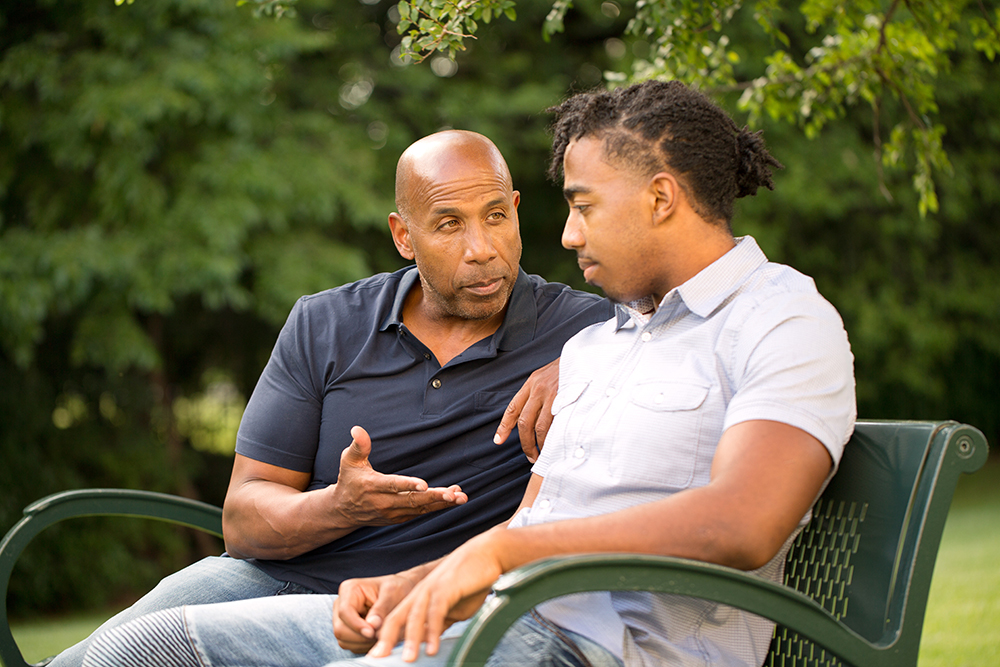Young people face pressure to drink and use drugs from many sources, including peers, social media and pop culture. If you fail to proactively address this topic with your child, they may view substance abuse and other risky behavior as a rite of passage. However, initiating conversations about young adult addiction can be daunting, particularly when adolescents focus more on fitting in and having fun than they do on behaving responsibly. Here’s how you can approach this sensitive topic with your child.
When and How to Start the Conversation
It’s tempting to avoid difficult discussions about addiction, hoping your child will naturally develop good morals and make intelligent choices. Don’t let adolescents misconstrue your silence as indifference or tacit approval. By discussing the dangers of substance abuse, you can communicate valuable information, shape perspectives and reinforce your family values.
- Choose the right time: Look for a calm, distraction-free moment. It doesn’t have to be a formal sit-down – sometimes, the most productive conversations happen during a car ride or while preparing dinner.
- Be age-appropriate: Tailor the discussion to suit your child’s age and understanding. Younger children need simple, straightforward information, while high school and college students can handle more detailed discussions.
- Use everyday opportunities: Make discussions about substance abuse a regular part of your dialogue, not a one-time event. Movies, TV shows or even news stories in your local community can be natural conversation starters.
Create a Safe, Supportive Environment to Reinforce Your Message
Foster an atmosphere where your child feels safe sharing their thoughts and questions without fear of judgment or punishment. Instead of using scare tactics, calmly explain how drugs and alcohol affect developing bodies and minds. Discuss how peer pressure can influence a young person’s decisions and brainstorm ways to handle it.
Young people learn a lot by listening and observing. Share your experiences with drugs and alcohol, and model responsible behavior by demonstrating how to have fun without addictive substances. Encourage your child to participate in sports, clubs or other extracurriculars that instill a sense of belonging.
Remember, talking to your kids about addiction is not about instilling fear but empowering them with knowledge and coping strategies. As challenging as it may be to start these discussions, the impact can be profoundly positive, shaping their decisions and behaviors in crucial ways. At Hemet Valley Recovery Center & Sage Retreat, we believe in the power of communication and education in preventing addiction, and we’re here to support families every step of the way. Contact us to learn about our comprehensive, hospital-based programming for young adults and others who need it.


